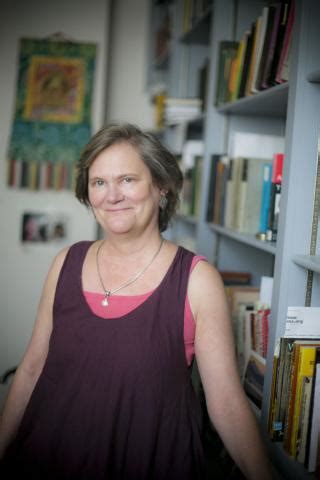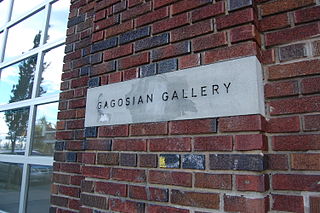A Quote by Leon Trotsky
The basis of bureaucratic rule is the poverty of society in objects of consumption, with the resulting struggle of each against all. When there is enough goods in a store, the purchasers can come whenever they want to. When there is little goods, the purchasers are compelled to stand in line. When the lines are very long, it is necessary to appoint a policeman to keep order. Such is the starting point of the power of the Soviet bureaucracy. It "knows" who is to get something and who has to wait.
Quote Topics
Related Quotes
[F]or women, like tradesmen, draw in the injudicious to buy their goods by the high value they themselves set upon them.... They endeavor strongly to fix in the minds of their enamoratos their own high value, and then contrive as much as possible to make them believe that they have so many purchasers at hand that the goods--if they do not make haste--will all be gone.
Purchasing power is a license to purchase power. The old proletariat sold its labour power in order to subsist; what little leisure time it had was passed pleasantly enough in conversations, arguments, drinking, making love, wandering, celebrating and rioting. The new proletarian sells his labour power in order to consume. When he’s not flogging himself to death to get promoted in the labour hierarchy, he’s being persuaded to buy himself objects to distinguish himself in the social hierarchy. The ideology of consumption becomes the consumption of ideology.
What motivates most gold purchasers is their belief that the ranks of the fearful will grow. During the past decade that belief has proved correct. Beyond that, the rising price has on its own generated additional buying enthusiasm, attracting purchasers who see the rise as validating an investment thesis. As 'bandwagon' investors join any party, they create their own truth - for a while.
The illusion that consumption - and its correlative, income - is desirable probably stems from too great preoccupation with what Knight calls "one-use goods," such as food and fuel, where the utilization and consumption of the good are tightly bound together in a single act or event. ... any economy in the consumption of fuel that enables us to maintain warmth or to generate power with lessened consumption again leaves us better off. ... there is no great value in consumption itself.
Desire is insatiable not because the goods of the world are too few, too uniform, or too bland. Desire burns through the goods of the world, even though these goods are not false or intrinsically unsatisfactory.... Desire shatters the economy of things; it disputes the tyranny of objects. IT longs for the great emptiness, which is beauty and love without limitation.
What we're talking about is the price of goods, all goods, in terms of money. That has nothing to do with unemployment, except for the fact that you get fewer goods. And when you have more money and fewer goods, the amount of dollars per good goes up. It goes up because there are fewer goods and it goes up because there is more money.
A hierarchical society is only possible on the basis of poverty and ignorance, this new version is the past and no different past can ever have existed. In principle the war effort is always planned to keep society on the brink of starvation. The war is waged by the ruling group against its own subjects and its object is not the victory over either Eurasia or East Asia but to keep the very structure of society intact.
Three sorts of goods, Aristotle specified, contribute to happiness: goods of the soul, including moral and intellectual virtues and education; bodily goods, such as strength, good health, beauty, and sound senses; and external goods, such as wealth, friends, good birth, good children, good heredity, good reputation and the like.












































